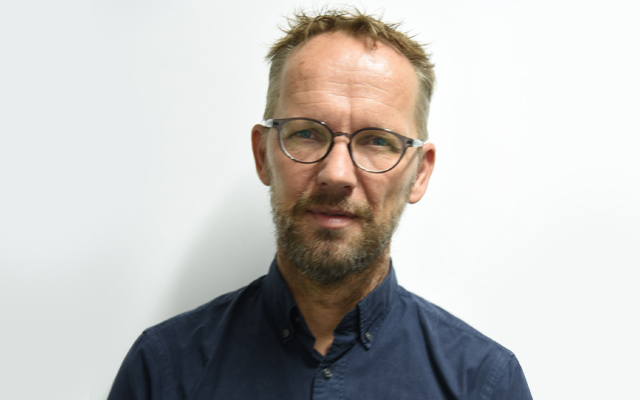Christian de Boer, managing director of Jaya House in Siem Reap, has been championing the single-use plastic free movement in Cambodia for almost a decade. Now, he has set his sights on changing perceptions within the global tourism industry as a UNWTO advisor
 What does your role as an advisor to UNWTO on sustainable tourism involve?
What does your role as an advisor to UNWTO on sustainable tourism involve?
Cambodia will be the world’s second most affected country by climate change and, according to the United Nations (UN), will see more poverty, diseases, floods, droughts and deaths. You only have to look at the temperature in April – it was hotter than ever before. So, it’s time we all take responsibility.
For some, that might mean planting some trees in their garden. In my case, I run a hotel, so I could take that further by making the hotel single-use plastic free, which we’ve done. We’ve also planted 3,500 trees along the river in Siem Reap, but I wanted to take that even further.
During Covid, the UN started an initiative. I wrote to them and they asked if I would be interested in being an advisor and show how ‘single-use plastic free’ could be achieved around the world. I try to explain how easy it is, and how a lot of hotels are hiding behind the fact that guests insist on hygiene and using plastic bottles.
I want to show this isn’t the case. Guests want a sincere approach. Guests want to see action. Guests have no issues with being given anything else other than plastic bottles, as long as they’re a viable alternative. That’s what I’ve done for the UN in Seoul, Nairobi, the speech at the General Assembly, and I hope in other places in the future.
What does sustainable tourism mean to you?
Guests, consumers and travellers want something that’s sustainable. Hotels and tour companies all know that now. This means, for a lot of people, if you simply add the word “sustainable” somewhere then it’s good. That’s a complete greenwashing lie.
If we look at certain hotels in Siem Reap, for example, it’s not sustainable for a local person who’s a waiter to lose their job in April and be hired back in October. It’s not sustainable for that waiter to be on an eight-month contract because low season starts.
The word sustainable needs to be checked. Sustainable should mean full-time employment. Sustainable should mean reducing your flights where possible and proper working conditions for everyone, including health care. Sustainable should mean eliminating single-use plastic from operations. If you’ve done all of that, then you can call yourself sustainable. If not, use a different word.
What initiatives have you implemented at Jaya House and how can they be adapted by other tourism-related businesses?
We employ 100 per cent Cambodians – I’m the only non-Khmer. Why do certain hotels still have expats in high positions? It’s not 2012 anymore, it’s 2024. When I arrived here 17 years ago, all of the good jobs were done by Westerners because there were no skills – that’s changed. There are now Khmers with an unbelievable skillset who are enormously good at their job, if given the chance. That’s what needs to happen.
The tourism industry also needs to change. We cannot keep working the same way we used to in the 80s, 90s and early 2000s. Certain hotels are still charging for the minibar, charging for early check-in and late check-out. They’re working the old-fashioned way and not really adapting to the changing world.
What steps are needed to have a single-use plastic-free tourism industry and what challenges did you face?
My personal mindset was the main challenge; it was me who needed to change. I remember years ago in my previous hotel, I would stand at the entrance and actively give guests plastic water bottles until one said, “Really? Do you need to do that?” She had her own refillable bottle and that made me think, because I would easily give away 30 or 40 bottles in an hour and not think about it.
So, the change was me. The people in charge of hotels, tour companies, DMCs, travel agencies need to make the change. When we started Jaya House in 2016, one of the pillars was I wanted to be plastic-free because if I want Cambodia (and my area) to be clean, and reduce dengue and other things, that starts with me. I should stop moaning about others – I’m the one who needs to do it.
What role do governments have to play?
Legislation should start in the West. If single-use plastic is banned in France, for example, it should be valid for French companies working overseas. If single-use plastic is banned in the UK, that should also be valid for British tour operators working overseas.
Once Europe and the US have fallen into place, then the rest of the world will follow. I find it enormously frustrating how certain countries are banning single-use plastic, but then a tour operator or hotel from that same country is allowed to use plastic in Cambodia, or wherever. That’s wrong, and that’s where legislation should come in.

















